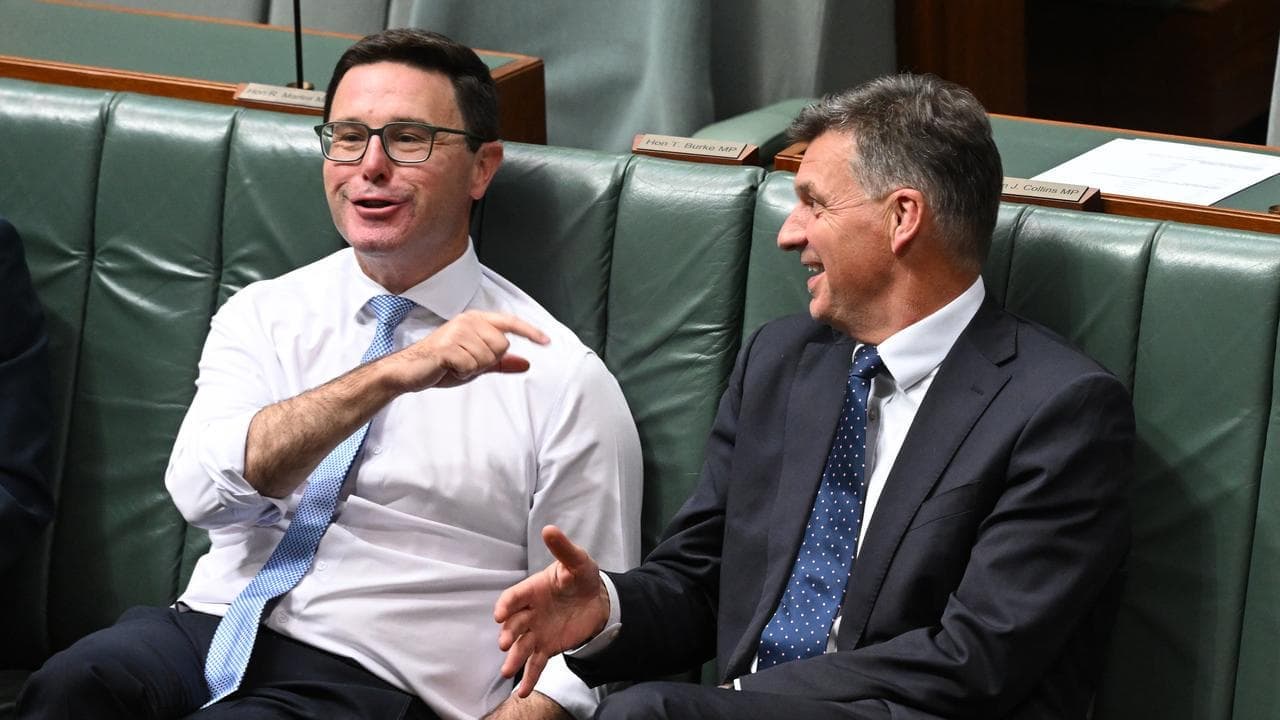WHAT WAS CLAIMED
A study found myocarditis and pericarditis only occur in those who have been vaccinated for COVID-19, not those infected by the virus.
OUR VERDICT
Misleading. The study did not look at whether myocarditis and pericarditis occurred after infection, and the study only looked at children and adolescents.
AAP FACTCHECK - A study found inflammatory heart conditions only occur in people who've had COVID-19 vaccines, and not in those who've been infected by the virus, social media users claim.
This is misleading. The study in question did not specifically look for cases of myocarditis and pericarditis following infection.
The study also only looked at children and teenagers.
Other studies, including adults, have found myocarditis and pericarditis are very rare possible occurrences following both vaccination and infection, including in the unvaccinated.
The claim appears in a Facebook post that includes an image of vaccine vials along with the text: "Oxford University: Myocarditis and Pericarditis Only Appear After COVID Vaccination, Not After COVID Infection".
Numerous social media users have made similar claims.

The post appears to be taken from an article on the Gateway Pundit, a site checked multiple times by AAP FactCheck.
The article refers to a preprint paper authored by researchers from the University of Oxford, which was posted on May 20, 2024.
The claim that the study found these conditions only occur in vaccinated people, not those infected by the virus, is misleading, according to the study's lead author.
Data scientist Colm Andrews, from the University of Oxford's Bennett Institute for Applied Data Science, said the study didn't look specifically at myocarditis and pericarditis following infection.
It focused on safety events reported after vaccination, comparing outcomes between vaccinated and unvaccinated groups of children and adolescents.
"We did not specifically look at safety events after infection ... partly because infection ascertainment, unlike vaccination, is not especially reliable in routinely-collected data (many people are infected without there being any record of it)," Mr Andrews told AAP FactCheck.
He also said it was possible that some in the unvaccinated group had developed the conditions, adding that those who'd been vaccinated may have been more likely to have been diagnosed due to the conditions being known adverse reactions.
"The same symptoms in an unvaccinated child may not have prompted a healthcare visit," Mr Andrews said.

The study found 15 cases of pericarditis out of a vaccinated group of more than 800,000. Twelve were adolescents, while three were children.
There were three cases of myocarditis, all adolescents.
There were no cases of either condition in the unvaccinated group.
Myocarditis and pericarditis involve the inflammation of the muscle or outer lining of the heart.
According to the latest published vaccine safety reports from Australia's Therapeutic Goods Administration (TGA), myocarditis is reported in about 1-4 people out of every 100,000 who receive the Pfizer, Moderna or Novavax COVID vaccines.
The TGA puts the rates of pericarditis at around 2.6-2.8 people per 100,000 COVID mRNA doses.
COVID infection is estimated to cause myocarditis at a rate of 3-3.2 excess cases per 100,000 infections (page 4), according to studies cited by the Australian Technical Advisory Group on Immunisation (ATAGI).

Two other papers led by Oxford researchers looked at those aged 13 and over and 16 and over respectively.
Taken together they found that overall, the risk of developing myocarditis and pericarditis was higher in those recently infected with COVID than in those who were recently vaccinated.
However, this was less clear for younger men. Both studies found the risk of myocarditis after vaccination was higher in males under 40 years old, particularly after the second dose of an mRNA vaccine.
University of Edinburgh cardiology professor Nicholas Mills is an expert on myocarditis and was a co-author of both of these studies.
He told AAP FactCheck that suggestions that myocarditis only occurs after COVID vaccination and not infection are false.
Prof Mills added that the conditions have been found in patients following other infections for more than 100 years.
The Verdict
Misleading – The claim is accurate in parts but information has also been presented incorrectly, out of context or omitted.
AAP FactCheck is an accredited member of the International Fact-Checking Network. To keep up with our latest fact checks, follow us on Facebook, Twitter and Instagram.












